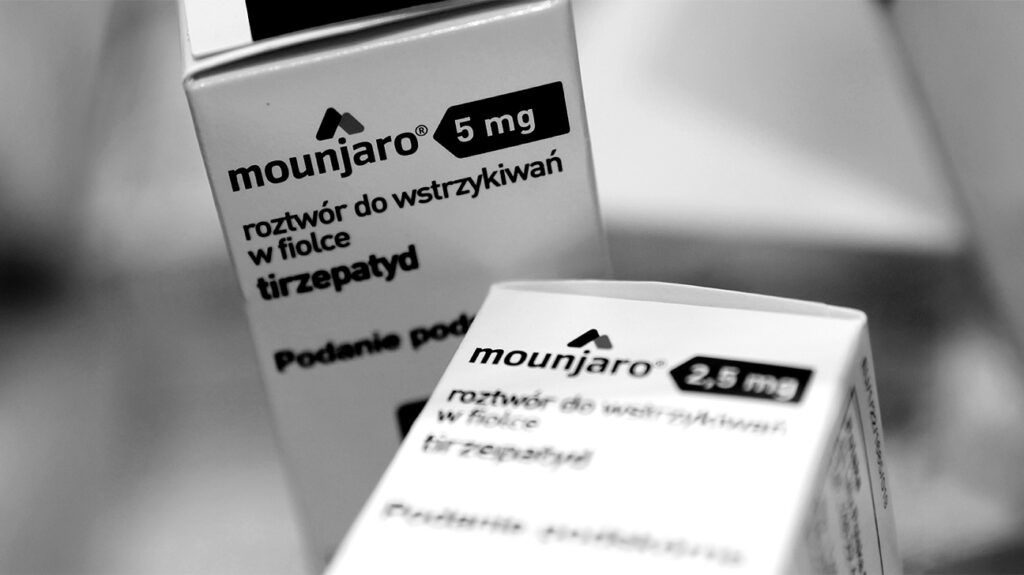Repurposed Anti-Inflammatory Drug Shows Promise for Treating Alcohol Use Disorder and Associated Pain

Recent preclinical research from scientists at The Scripps Research Institute suggests that an existing FDA-approved anti-inflammatory medication, apremilast, could be repurposed to treat alcohol use disorder (AUD) and its related pain issues. The study, published in JCI Insight, demonstrates that apremilast, a phosphodiesterase-4 (PDE4) inhibitor, not only reduces alcohol consumption but also alleviates pain sensitivity—a common challenge faced by individuals with AUD.
Approximately 400 million people worldwide suffer from AUD, a chronic condition marked by compulsive alcohol seeking and consumption. Pain, especially mechanical allodynia, is frequently observed in those with AUD and serves as a strong predictor of relapse. Despite its significance, pain management is often overlooked in treatment plans. This study underscores the potential of apremilast to address both alcohol intake and pain concurrently.
The researchers conducted experiments using genetically predisposed rats and standard strains, administering alcohol alongside apremilast or a placebo. Results indicated that apremilast significantly decreased alcohol intake across different groups and reduced pain sensitivity during both active drinking and abstinence, lasting from 24 hours up to four weeks post-alcohol removal. Interestingly, the effects varied between males and females and were strain-dependent, highlighting the importance of considering biological differences in future research.
Mechanistically, apremilast was observed to enhance GABAergic transmission in the central amygdala—a brain region implicated in addiction and pain regulation—specifically in the standard rat strain. Additionally, alcohol exposure increased PDE4 gene expression in the brain, linking inflammation pathways to alcohol consumption and pain. These findings suggest that targeting PDE4 with apremilast may offer a personalized approach for treating individuals suffering from both AUD and pain.
Looking ahead, researchers plan to investigate the potential of apremilast to reduce anxiety and other negative emotional states associated with alcohol withdrawal. Since withdrawal-induced anxiety is a major relapse trigger, addressing these emotional components could enhance treatment outcomes.
Although apremilast is currently approved for psoriasis and psoriatic arthritis, its ability to reduce alcohol intake and pain points to new therapeutic avenues. Clinical trials are necessary to confirm its efficacy in humans. This research opens exciting possibilities for developing dual-action treatments that address the physical and emotional facets of AUD, potentially improving recovery success rates.
Stay Updated with Mia's Feed
Get the latest health & wellness insights delivered straight to your inbox.
Related Articles
Increased Violence Risk for Rural Women and Barriers to Help Access
Rural women experience higher rates of violence and face unique barriers to seeking help, influenced by social isolation, community norms, and firearm prevalence. Addressing these challenges requires targeted policies and community support initiatives.
Innovative Organoid Platform Enhances Precision in Antibody and Vaccine Effectiveness Testing
A novel respiratory organoid platform developed by HKU enhances the accuracy of evaluating antibody and vaccine effectiveness against COVID-19, aligning lab results with real-world outcomes and promising to accelerate drug development.
Rethinking Autism and Exercise: New Research Challenges Traditional Views
A groundbreaking study challenges traditional views on autism and physical activity, emphasizing inclusive, trauma-informed, and neurodivergent-centered approaches to support autistic adults' health and well-being.



